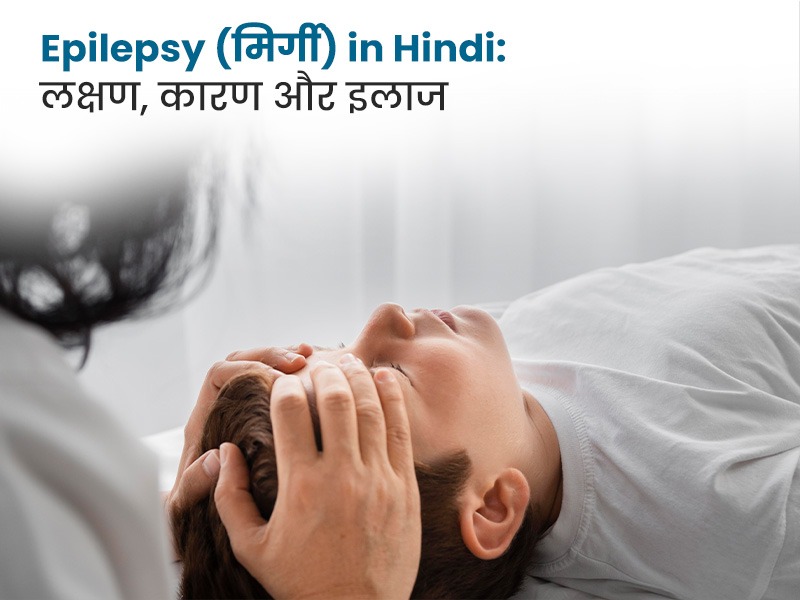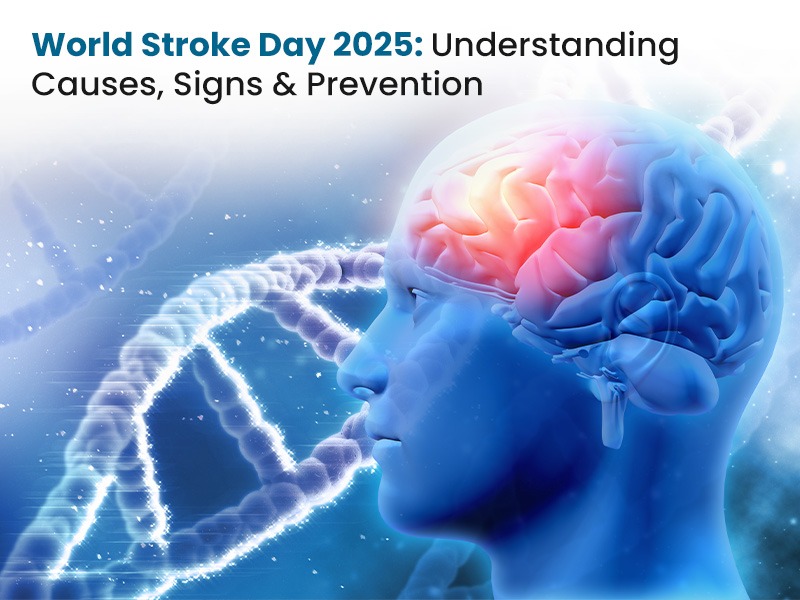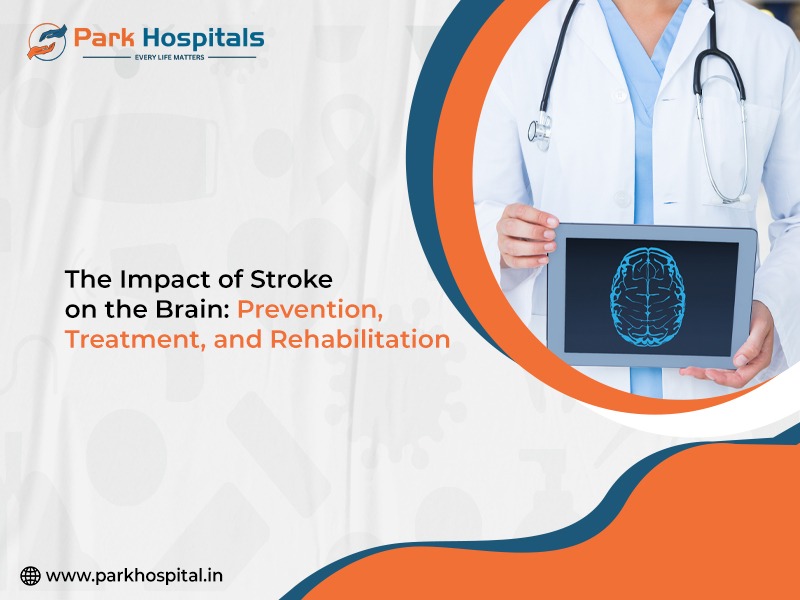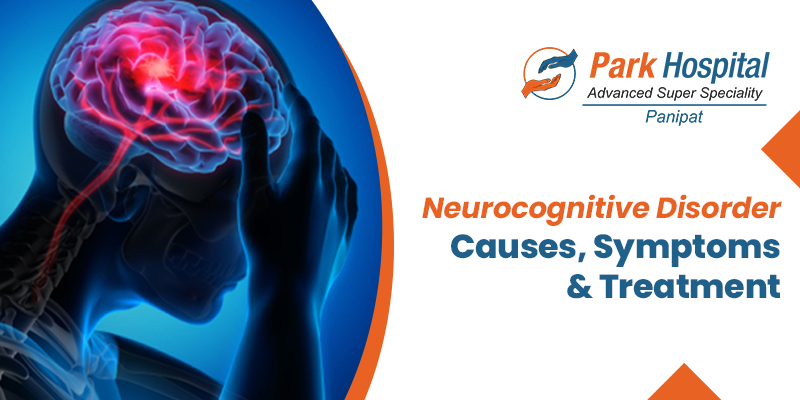Headache vs Migraine: What's the Real Difference?
When we talk about a headache, it means any pain or discomfort caused in the head, scalp, or neck. It usually occurs due to several reasons, such as stress, dehydration, or bad posture. However, when we talk about migraine, it is much more serious and deeper than surface-level headaches and tensions. Migraines are a neurological condition that causes severe headaches, which usually occur on one side of the head. Migraines have different triggers, such as hormonal changes and environmental changes.
The key difference between the two lies in the intensity, duration, and associated symptoms. Headaches are typically not long-lasting, while migraines are a full-body experience where you experience sensory sensitivity and nausea. Migraines are also considered a medical condition that requires long-term management. Hence, it becomes quite crucial to visit the best neurologist hospital in Jaipur in order to manage your mental health better.
Medical Conditions That May Be Causing Your Headache
There are several reasons why your head might be throbbing, and these reasons go deeper than surface-level excuses like forgetting to drink enough water or skipping a meal. These are strong medical conditions that are behind your headaches, and here is a list of some of them:
Sinus Infections (Sinusitis): During a sinus infection, your sinuses get inflamed, which later leads to irritation and discomfort. It can become one of the leading causes of headaches. If your headache worsens when you try to bend forward, it is probably time to visit a neurologist in Gurgaon. They will help you take the prompt steps in order to manage your headache effectively.
High Blood Pressure (Hypertension): Hypertension is popularly known as the silent killer, as it rarely ever shows signs or symptoms to detect it. However, hypertension is one of the significant reasons why you can undergo severe headaches. If you experience a sudden ache in the back of your head or neck, it might be a sign that you have a hypertensive crisis.
Brain Tumors or Aneurysms: Although it is quite rare for this to happen, consistently causing severe headaches can be a sign of serious health concerns like brain tumors or aneurysms. If you are even slightly doubtful, it is time to pay a visit to your neurologist in Sonipat.
Temporomandibular Joint (TMJ) Disorders: If you are experiencing headaches around your temples or ears, it is probably a sign that you grind your teeth in your sleep. TMJ disorders can bring you headaches due to the strain placed on the jaw muscles and joints.
Cervical Spine Issues (Neck Problems): Bad posture, along with spine conditions like cervical spondylosis, can be another reason for your headache. This can lead to irritation in your neck and cause muscle tension; hence, it becomes quite crucial to visit the best neurologist in Faridabad.
Quick Relief Tips That Actually Work
There are several initiatives you can take to provide quick relief for your headaches. Some of the most common steps you can take today are the following:
Apply a cold or warm compress. Yes, using cold compression on your neck and forehead can truly help manage the inflammation by numbing the areas. On the other hand, a warm compress can help relax the tightened muscles.
Staying hydrated should be your number one priority if you struggle with frequent migraines. Dehydration becomes one of the major triggers for migraines, and hence it is a necessity to drink plenty of water each day to prevent getting another migraine.
Practising deep breathing and meditation can help out more than you imagine. Stress is a major headache trigger. Deep breathing exercises or mindfulness meditation can help calm the nervous system and relieve head tension quickly.
Don't Let Headaches Control Your Life—Take Charge Today
You don't have to live with the pain, unpredictability, or disruption that headaches or migraines can bring. At Park Hospital, their team believes understanding your symptoms is the first step towards reclaiming your comfort, confidence, and peace of mind.
Frequent headaches aren't just noise; don't ignore what your body is trying to tell you.
Whether it's a minor nuisance or a major red flag, our experienced team is here to diagnose the cause, offer relief, and design a personalized treatment plan that helps you live pain-free.
FAQs
1. When should I see a doctor for headaches or migraines?
It is quite common to have headaches every once in a while, and they are not very serious. However, under the following conditions, it becomes quite important to visit the best neurologist hospital in Jaipur:
Your headaches are frequent or worsening over time
The pain is sudden, intense, or "the worst headache" you've ever had
You experience nausea, vomiting, blurred vision, confusion, or fainting
2. Can dehydration cause a headache?
Absolutely. If you do not drink enough water every day, it can absolutely cause severe headaches. As suggested by professionals and experts, you are advised to drink 8-10 glasses of water every day. If you have been in the sun, experiencing heat and exhaustion, it is also suggested that you incorporate electrolyte-rich fluids, as they can help fight fatigue and nausea.
3. What are some natural remedies for headaches?
There are a number of natural remedies that can help you prevent and effectively manage headaches. Here are some of the most common ones:
Staying hydrated should stay as your number one priority.
Peppermint or Lavender Oil is also known to bring you relief in case of severe headaches and migraine.
Deep breathing and meditation can help you focus and manage stress, as stress can be a huge trigger for migraines, the majority of the time.
Neck and shoulder stretches are also advised by doctors as they help ease tension-type headaches and migraines.
4. Is migraine a neurological disorder?
Yes, migraine is defined under the category of neurological disorders. Migraine stands as more than just a recurring headache, requiring proper medical treatment to help you manage them effectively.
5. How long does a migraine usually last?
A migraine can last anywhere from 4 to 72 hours if left untreated. The duration varies depending on the individual and the type of migraine. Some people experience warning signs before the pain begins, and symptoms can linger even after the headache phase ends, known as the "migraine hangover."















